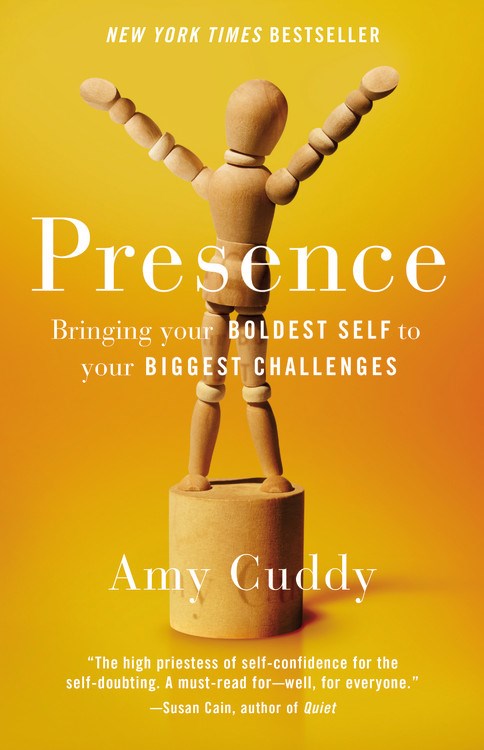Jack Covert Selects - The End of Big
The End of Big: How The Internet Makes David the New Goliath by Nicco Mele, St. Martin’s Press, 310 pages, $25.99, Hardcover, April 2013, ISBN 9781250021854
Nicco Mele opens his debut book with the following instruction: “Look around you.” It’s an especially poignant opener because the central topic of the following chapters—the internet—is perhaps the culprit behind our collective inability to do so.
The End of Big is broad in scope, as Mele delves into the internet’s role in dismantling big, traditional institutions. He begins with the big news entities, discussing the rise of distributed power via channels like Twitter and Facebook, and the simultaneous demise of large-scale traditional journalism. Mele depicts a two-fold effort against big news. The first part is the agility of the internet. Here he uses how the killing of Osama Bin Laden was broken to the public in contrast with events like the September 11th attacks, Watergate, and the assassination of JFK. The second part is money. The proliferation of media channels—the continued elongation of “the long tail” in the realm of news—has brought big news’ accounts receivable to its knees. Their readers are leaving, and advertisers know it so they’re leaving too.
The End of Big continues to give case after case of how the internet has opened the door for small enterprises to undermine once-invincible institutions. American democracy, centralized government, big entertainment, war, education, and corporations all come under Mele’s critical view. While his scope is praiseworthy, Mele’s ambivalence toward each “End of Big” is what makes the book so engrossing. For example, Barack Obama’s ability to quickly mobilize support online is a demonstration of the power of the internet, a method that did not exist 20 years prior, but it’s equally a demonstration of how any voice could gain such power.
Mele’s pros-versus-cons narrative of the internet’s role in fashioning the future of different major industries is a welcome tonic to the usual “it’s all champagne and roses” or “hell-in-a-hand-basket” perspectives. He describes himself as a tech nerd, and clearly the internet is a subject likely to appeal to a certain group, but Nicco Mele’s message is for everyone. Industries are changing, and looming large are important decisions regarding how we—individually and collectively—will greet, assist, or challenge these changes.
The book’s final chapter, titled “Big Opportunities?” offers up many possibilities. Mele discusses six ways we can turn the potential negative effects of the diffusion of power and influence into positive ones. The message is clear: the internet has empowered all of us, but we are only truly empowered if we accept the responsibilities thrust upon us. Rather than simply allow the future to happen, we must also shape it. Everything we do in life and in business will contribute to the ongoing construction of our hyper-connected future.

